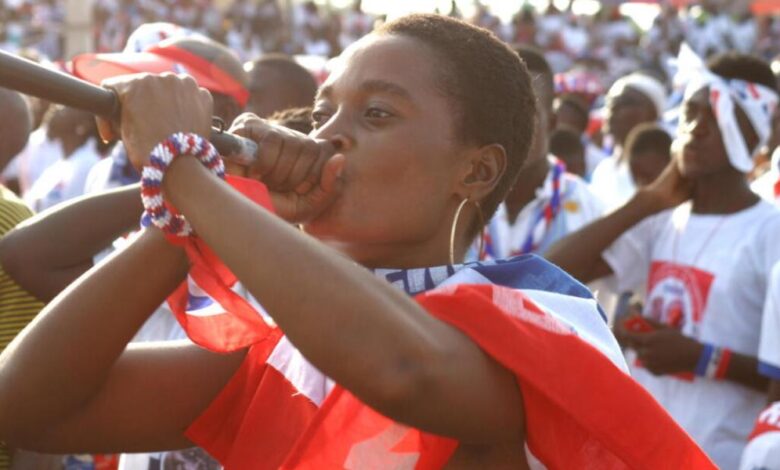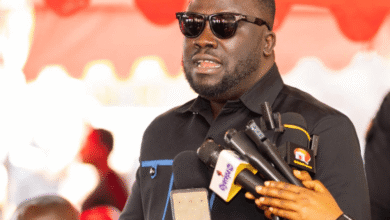6 key constitutional proposals shaping the NPP’s future

While the New Patriotic Party (NPP) undertakes a comprehensive constitutional review, hundreds of amendments have been proposed by party faithful, former executives, and grassroots members.
These proposals—compiled ahead of the 2025 National Delegates Conference—aim to strengthen internal democracy, modernize party structures, and enhance transparency across all levels.
Below are six major reform ideas that could redefine the NPP’s future:
1. Abolishing the Special Electoral College for presidential primaries
Several submissions, including those from Peter Mac Manu and Kwabena Agyapong, propose scrapping Article 13(9), which mandates a special college to trim presidential aspirants. Critics argue it lacks fairness and creates room for manipulation.
2. Expanding polling station and electoral area structures
Amendments suggest increasing polling station executives from 5 to 11 or even 15, and replacing the one-man Electoral Area Coordinator with a five-member Electoral Area Executive Committee. This move aims to strengthen grassroots mobilization.
3. Redefining the role of the women’s wing
Hon. Mavis Hawa Koomson calls for all female delegates to vote in electing the National Women’s Organizer, and proposes that the women’s wing become an independent secretariat under Article 10, not just a special organ.
4. Giving voting rights to former and current officials
Multiple proposals seek to include former polling station executives, MMDCEs, MPs, and national officers as voting delegates at various levels to deepen internal democracy and reward continued loyalty.
5. enforcing stricter rules on appointments and eligibility
Amendments aim to prevent dual office-holding and unqualified appointments. A revised vetting process and expanded mandate for the Vetting and Appointments Committee are proposed to ensure merit-based selections.
6. Establishing a strategic committee and strengthening national offices
Proposals suggest creating a permanent National Strategic Committee under the National Council, and formalizing new national roles like Director of Legal, Director of Intelligence & Operations, and PWDA Coordinator to improve efficiency.



